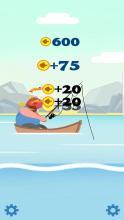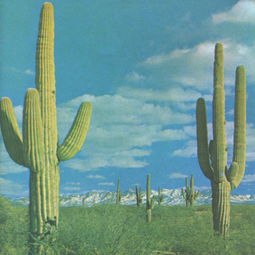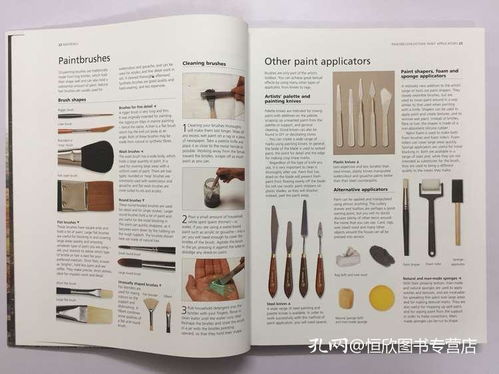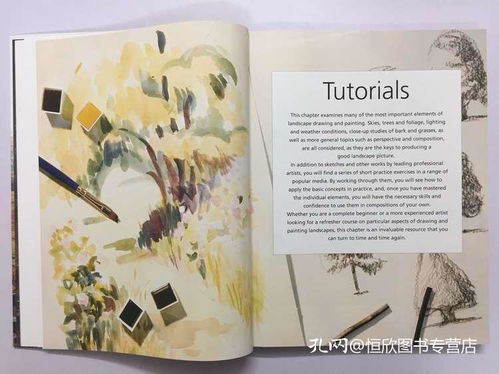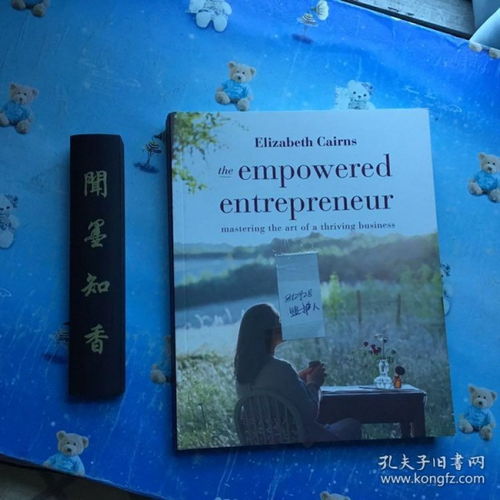Content:
Fishing has long been considered a male-dominated activity, but that doesn't mean women can't excel in this serene pastime. Whether you're a beginner or looking to improve your fishing skills, here are some essential tips to help you master the art of fishing, tailored specifically for women anglers.
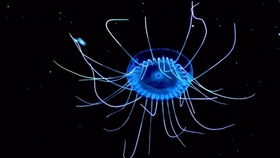
Choose the Right Gear: The first step to becoming a successful angler is to invest in the right equipment. Here are some key pieces of gear to consider:
- Rod and Reel: Select a rod and reel that match your fishing style and the type of fish you're targeting. For beginners, a lightweight spinning rod with a matching reel is a great choice.
- Line: The type of line you use depends on the fish you're after. Monofilament is versatile and suitable for a variety of species, while braided line offers more sensitivity and strength.
- Hooks: Choose hooks that are appropriate for the size of the bait and the fish you're targeting. For smaller fish, use smaller hooks, and for larger fish, opt for larger hooks.
- Bait or Lures: Depending on your preference and the fish you're targeting, you can use live bait, artificial lures, or a combination of both.
Learn the Basics: Before you hit the water, familiarize yourself with the basics of fishing. Here are some fundamental techniques to practice:
- Casting: Learn the proper casting technique to ensure you can accurately place your bait or lure in the water. Practice casting in a safe area until you feel comfortable.
- Trolling: If you're fishing from a boat, learn how to troll effectively. This involves slowly dragging your lure or bait behind the boat to attract fish.
- Landing a Fish: Once you've hooked a fish, practice the proper technique for landing it. This may include reeling in the line at the right speed and using a net to safely retrieve the fish.
Understand the Water: Knowledge of the water you're fishing in can significantly improve your chances of success. Here are some tips:
- Research the Area: Before you go fishing, research the body of water you'll be visiting. Look for information on fish species, ideal spots, and any regulations.
- Weather and Tides: Pay attention to the weather and tides, as these factors can greatly affect fish behavior. Fish are often more active during low tide and during certain times of the day.
- Water Conditions: Observe the water conditions, such as clarity and temperature, as they can influence where fish are likely to be.
Develop a Comfortable Casting Technique: Women often have different hand and arm strength compared to men, so it's important to develop a casting technique that works for you. Here's how:
- Find Your Comfort Zone: Experiment with different casting techniques until you find one that feels comfortable and allows you to cast accurately.
- Practice with Different Weights: Use a variety of weights to practice casting. This will help you get a feel for how different weights affect your casting distance and accuracy.
- Seek Professional Advice: If you're struggling to develop a comfortable casting technique, consider taking a fishing class or seeking advice from an experienced angler.
Stay Safe and Comfortable: When you're out on the water, safety and comfort are paramount. Here are some tips to keep in mind:
- Dress Appropriately: Wear appropriate clothing for the weather and water conditions. Layering can be beneficial for maintaining a comfortable body temperature.
- Protect Your Skin: Apply sunscreen to protect your skin from harmful UV rays, especially if you'll be out for an extended period.
- Stay Hydrated: Bring plenty of water to stay hydrated, especially if you're out in the sun or on a boat.
Join a Community: Connecting with other anglers can provide valuable insights and support. Consider joining a local fishing club or attending fishing events to meet like-minded individuals.
By following these tips, women can develop their fishing skills and enjoy the rewarding experience of angling. Remember, fishing is not just about catching fish; it's about the journey, the relaxation, and the connection with nature. Happy fishing!

